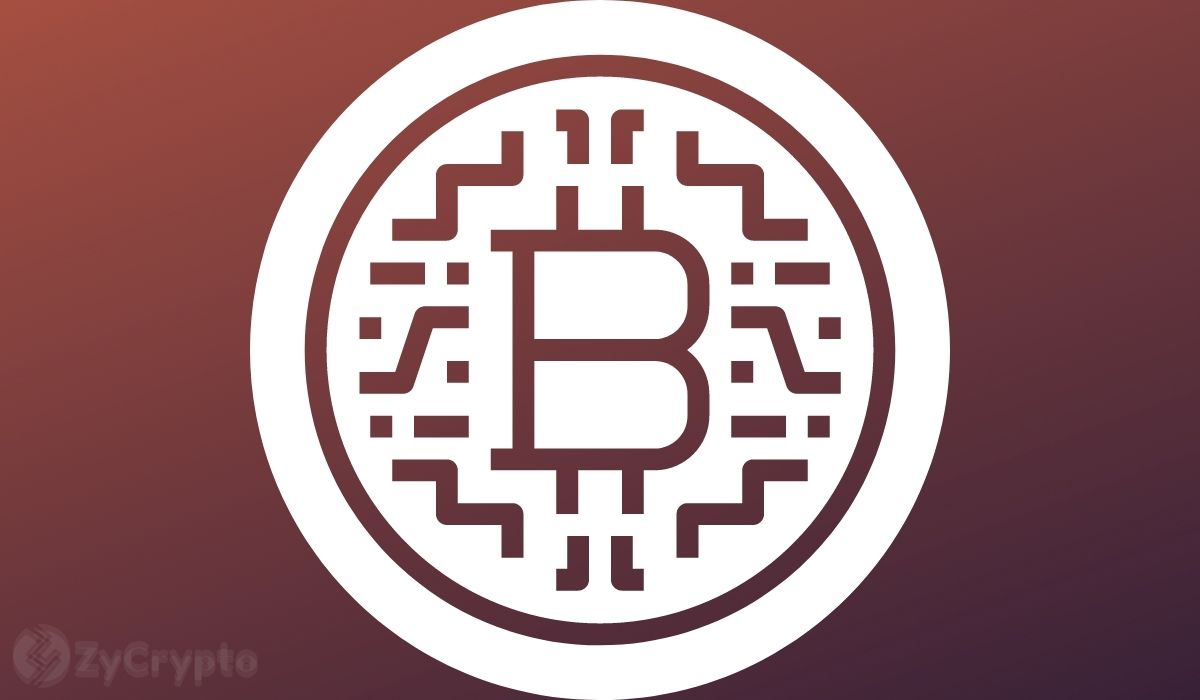ARTICLE AD BOX

Bolivia has lifted its longstanding ban on Bitcoin and other cryptocurrencies, marking a pivotal moment for the nation’s financial landscape.
According to a Wednesday, June 26 announcement by the country’s central bank, Banco Central de Bolivia, the country would be allowing banks to conduct transactions with digital assets.
Notably, the ban on cryptocurrencies in Bolivia dates back to 2014, aimed at protecting the country’s financial system from potential risks associated with digital currencies. However, evolving economic challenges and a shift in regional attitudes toward crypto have prompted a reassessment of this policy. In December 2020, the government reaffirmed its stance against crypto, prohibiting banking institutions from engaging in digital currency transactions.
The latest regulatory shift allows Bolivian banks to process cryptocurrency transactions through approved electronic channels. As per an announcement the decision was part of a broader effort to modernize the financial system and stimulate the economy.
That said, it is however important to noted that despite this newfound freedom for financial institutions, cryptocurrencies have not been granted legal tender status. This means that while transactions can occur, businesses are not required to accept crypto as a form of payment.
Bolivia’s decision is partly driven by the need to boost its struggling economy. Interestingly, the decision to unban Bitcoin also come just days after the country successfully thwarted a coup attempt, itself partly fueled by economic hardship.
By integrating cryptocurrencies into its financial system, Bolivia hopes to attract investment and offer new financial tools to its citizens. According to the announcement, the central bank plans to launch an Economic and Financial Education Plan aimed at informing the public about cryptocurrencies. This initiative will highlight the potential risks of digital currencies and promote responsible usage, addressing concerns about volatility and security.
That said, Bolivia’s shift brings the country closer to El Salvador, which became the first nation to adopt Bitcoin as legal tender in 2021 to combat inflation and attract foreign investment. Across Latin America, countries like Mexico and Argentina, which recently elected a pro-Bitcoin president, are increasingly considering cryptocurrencies as solutions to economic challenges. Ecuador now stands as the only Latin American country prohibiting crypto payments.
While Bolivia hasn’t granted Bitcoin legal tender status like El Salvador, the question remains whether it might follow suit in the future. Market players have, however, expressed optimism coining the term “slowly, then suddenly,” suggesting that Bolivia may eventually adopt similar measures.
.png)
 4 months ago
3
4 months ago
3








 English (US)
English (US)